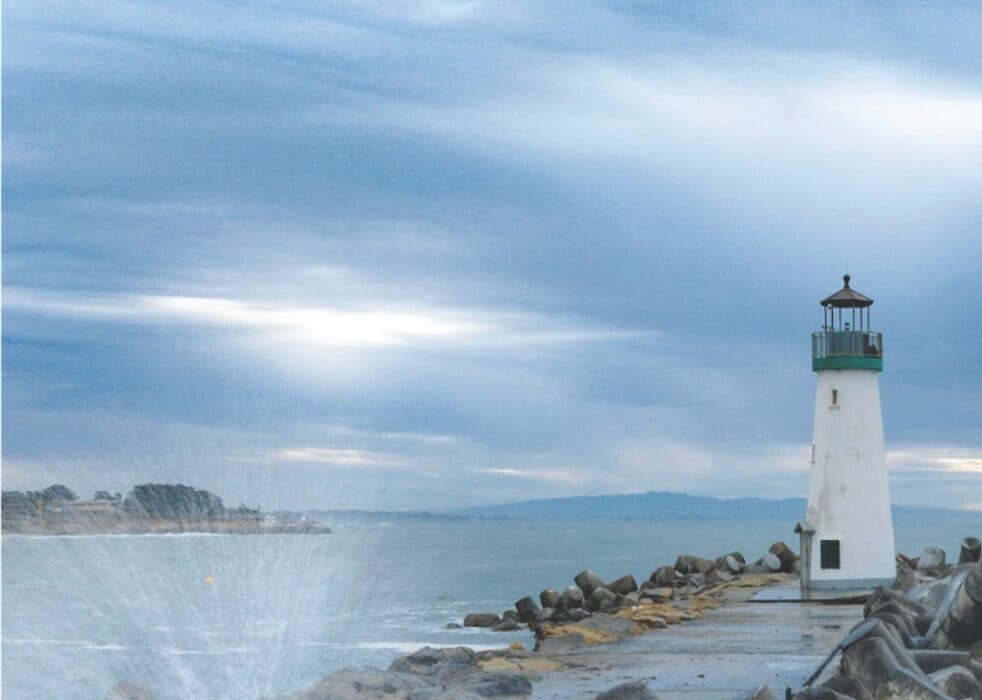In its relatively short history, the United States of America has never had an extended period in which its formidable military force hasn’t found itself embroiled in some sort of foreign conflict. Draft or no draft, the armed forces have always been able to tap into patriotic young men and women willing to lay their lives on the line to protect our allies and assets abroad. While most of these conflicts have initially enjoyed tidal surges of support, more often than not, these veterans return home disillusioned and jaded as they search for meaning within their sacrifice.
Additionally, when the sense of camaraderie and unified purpose they found in the theater of war is suddenly missing, they have a difficult time adjusting to life as a civilian. This has caused a crisis among our returning soldiers leading to staggering rates of depression, drug use, and PSTD; oftentimes sadly leading to homelessness and suicide. Unfortunately, as it stands, it’s clear that the V.A. is unequipped to adequately support these individuals in their time of need. Considering the billions of dollars allocated yearly to defense spending, it really makes one wonder why there’s not a better way to keep these warriors from falling through the cracks.
Sixty-two year-old Greg Baker, a retired Army Ranger who served two tours in Iraq, spent many sleepless nights grappling with this question after retirement in 2018. In order to understand why so many of his brothers-in-arms had such a tough time re-assimilating after the smoke had cleared, he began interviewing vets and experts from all over the country, and what he found may shock you. As he gathered their testimonies, he found that while the horror of combat did play a major role in their struggles, it was the disappearance of the sense of purpose and family that led to the majority of their issues.
Armed with this information, Baker had an idea—maybe he could create a non-profit that would get these vets back together in an environment where they could experience a new, shared mission, one that would place them in an arena where they could not only vocalize and share their stories, but also engage in dopamine-rich activities such as surfing and fishing.
As a regular visitor to the tropical paradise known as Nicaragua, he knew it was an environment made for the mission at-hand. He also knew of a location to house participants, the sprawling compound of one of his fellow ex-pat surfing buddies, Michael Lindsey. After navigating the hurdles of setting up the non-profit, all he had to do was spread the word to gauge whether or not that was something people would be interested in. As it turns out, they were.
Fast forward 5 years, and Baker’s organization, Fortunate Sons, has hosted six groups of vets hoping to heal–five male, and one femalel. During my stay in Nicaragua this month, I had the pleasure of interviewing this gentle giant to gain a better understanding of his highly successful non-profit. Whether you believe in war or not, this is a telling conversation that illustrates the power of community and connection, two vital aspects of leading a happy and healthy life.








